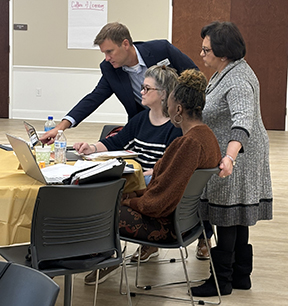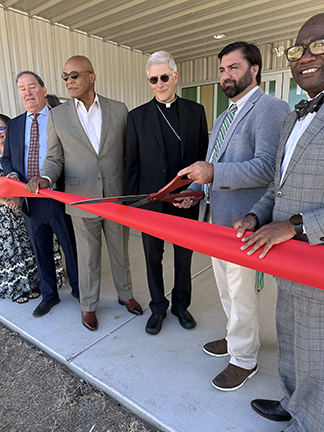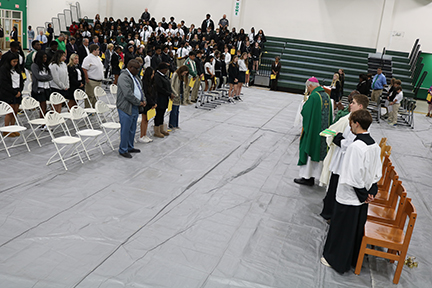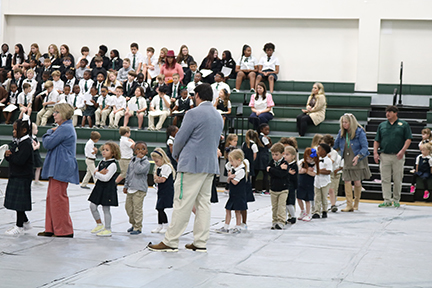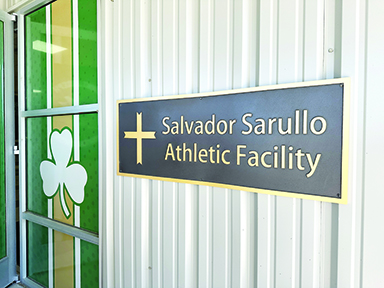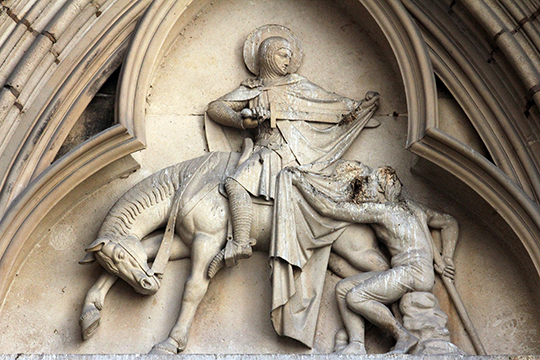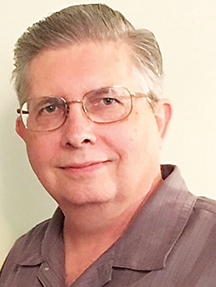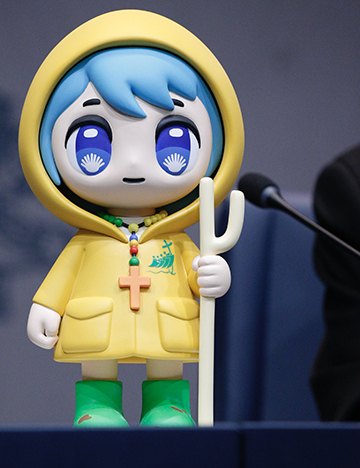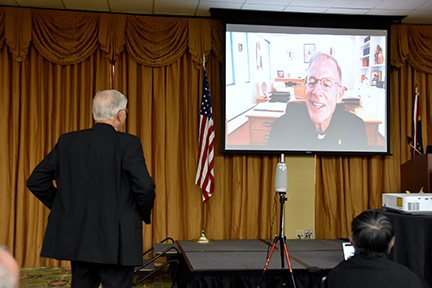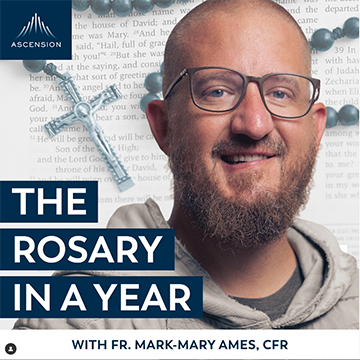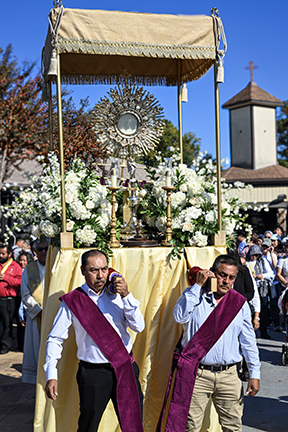By Bishop Joseph R. Kopacz, D.D.
After three years of reflection, the Synod on Synodality came to an end on the evening of Oct. 26, 2024, as the 356 members of the assembly gathered to vote on a final document. In an unexpected act, Pope Francis immediately approved this document, saying that he would not release a post-synodal apostolic exhortation, which is the type of papal document that usually follows a synod. This text thus immediately falls within the Pope’s magisterium. However, he did specify that it was non-normative. Nevertheless, this has been a remarkable pastoral process that brought together the faithful from around the world these past three years.

Led by the Holy Spirit, the conversations began in the local diocesan church and progressed to produce regional and continental documents. The nearly 400 delegates who gathered in Rome during the month of October, last year and this year, represented our One, Holy, Catholic, and Apostolic Church and were able to build upon the voices of the Catholic faithful from around the world.
At the moment, the Synod document is in Italian, but the wheels of translation are turning to disseminate it far and wide. Not surprisingly, the document does not usher in a new era of church teaching as some were anxious over. But the uniqueness of this Synod is found in the deliberative and consultative gatherings of church leadership that included the ordained, professed, and laity since its inception in 2021.
These substantive encounters brought into the light of day the themes of communion, participation and mission with ample time to take a long and loving look at reality in order to better see, judge and act. This enlarging of the space of our tent in the Body of Christ represented our universality. The photos of the assembled delegates in Rome portrayed this vision whose hard work culminated in the final document. Yet, deliberative and consultative processes cannot be limited to extraordinary processes such as the Synod on Synodality, but ought to be integrated into the life of the church at every level and in every place. Enlarging our vision, sense of mission, and scope of ministries permeates the work of the delegates, and the impact of their labors under the gaze and inspiration of the Holy Spirit will be unpacked, reflected upon, and put into practice for years to come.
Throughout the document there is a repeated call for unity in the Body of Christ, and for a renewed commitment to mission as joyful disciples of the crucified and risen Lord. On Sunday, Oct. 27, the pope presided over a final Mass for the synod in St. Peter’s Basilica. Surrounded by the summit’s global delegates, Pope Francis encouraged the church to be attentive to “the challenges of our time, the urgency of evangelization and the many wounds that afflict humanity.”
“A sedentary church, that inadvertently withdraws from life and confines itself to the margins of reality, is a church that risks remaining blind and becoming comfortable with its own unease,” said the pope. “If we remain stuck in our blindness, we will continuously fail to grasp the urgency of giving a pastoral response to the many problems of our world.”
As he officially brought the three-year synod process to its end, Pope Francis declared that it is now time for the church to “get its hands dirty” and “carry the joy of the Gospel through the streets of the world.”
The past three years of world-wide synodality are a beacon of light as we embark upon the Jubilee Year of Hope to begin during the Christmas season and continue throughout 2025. The joy of the Gospel is our gift to the world that cries out in pain for unity and peace.
(Editor’s note: At press time on Nov. 1, 2024, the final document of the XVI Assembly of the Synod of Bishops was only made available in the original Italian. Visit https://www.synod.va/en.html in the coming days for additional language translations.)


